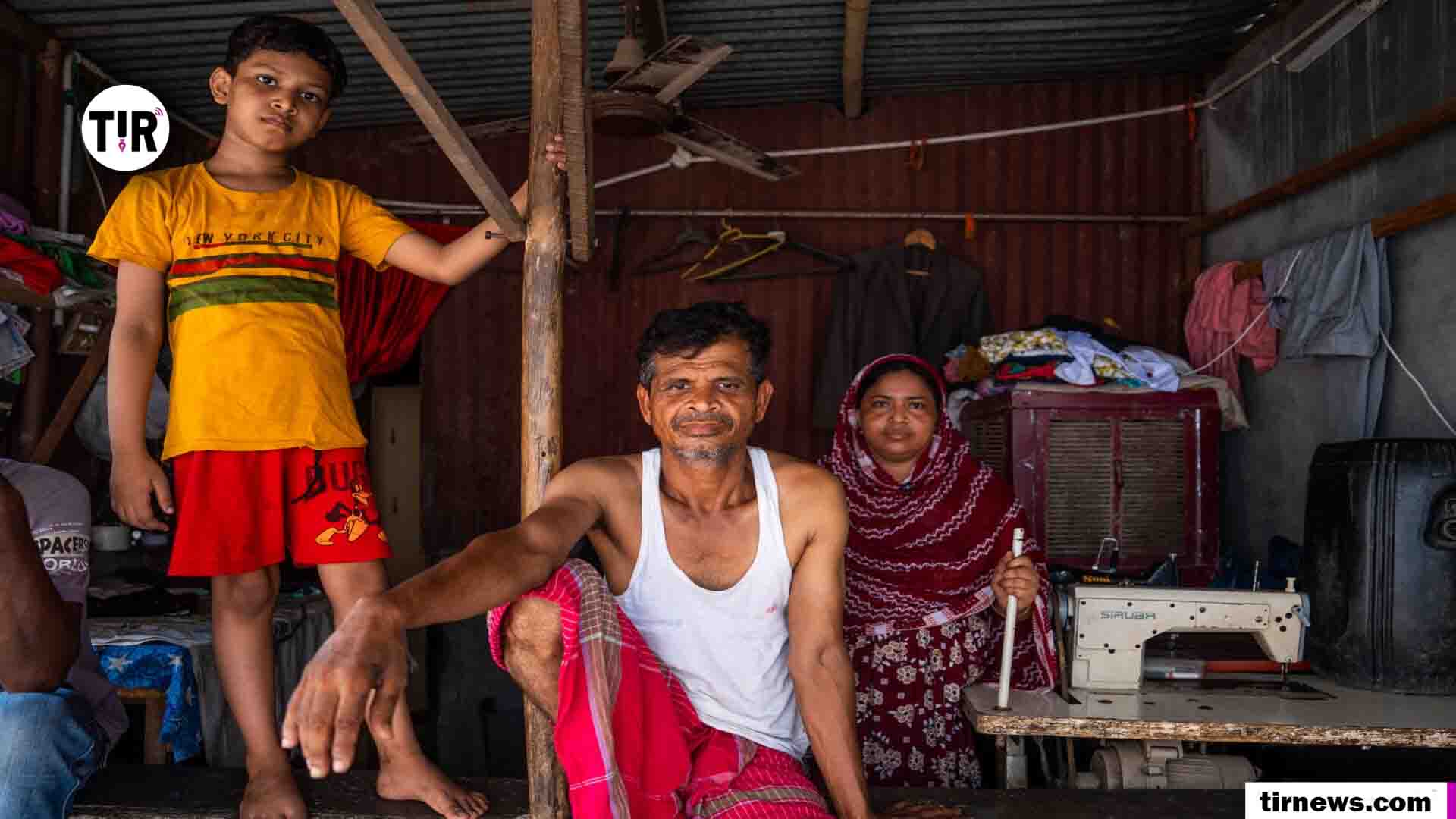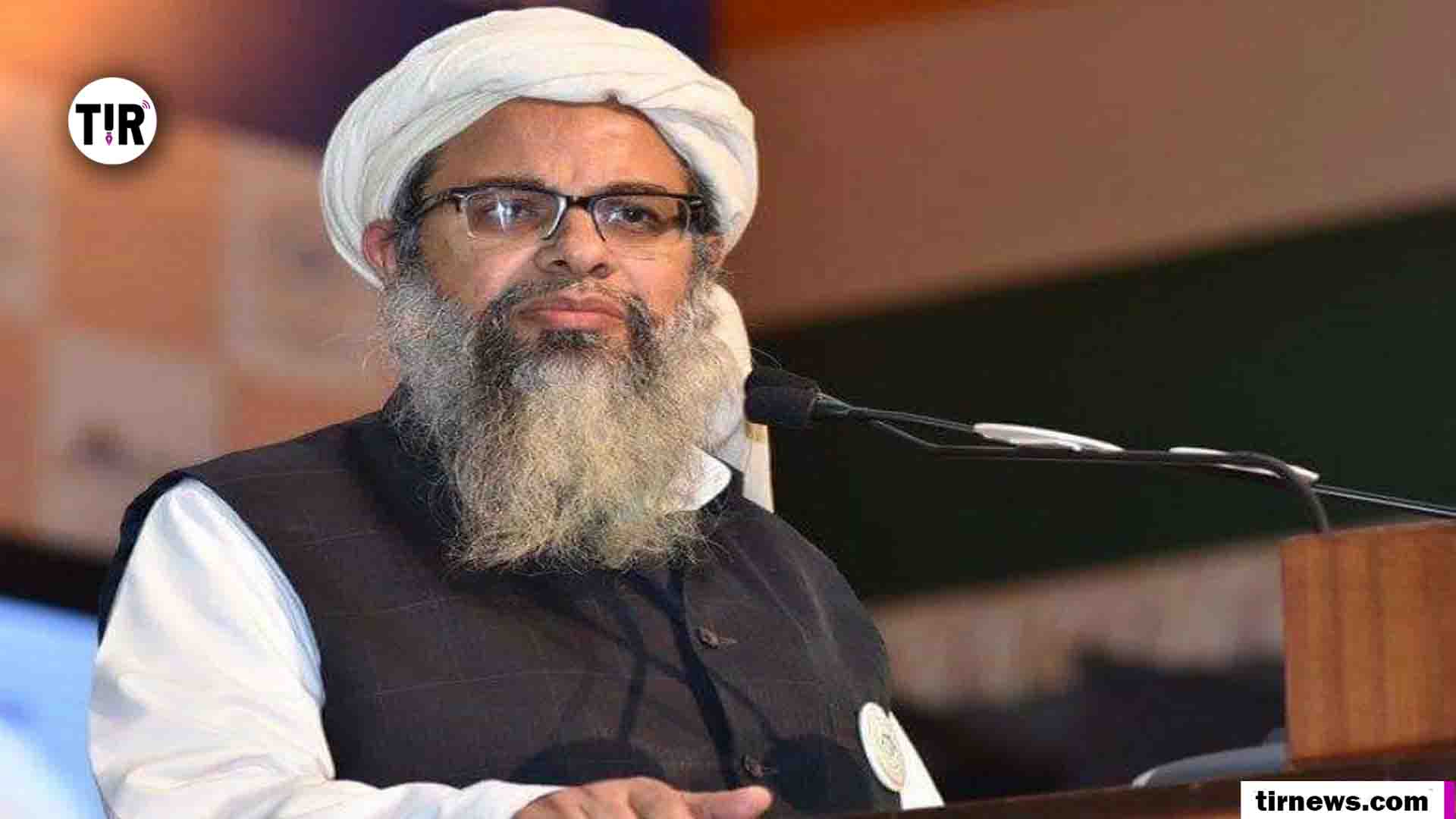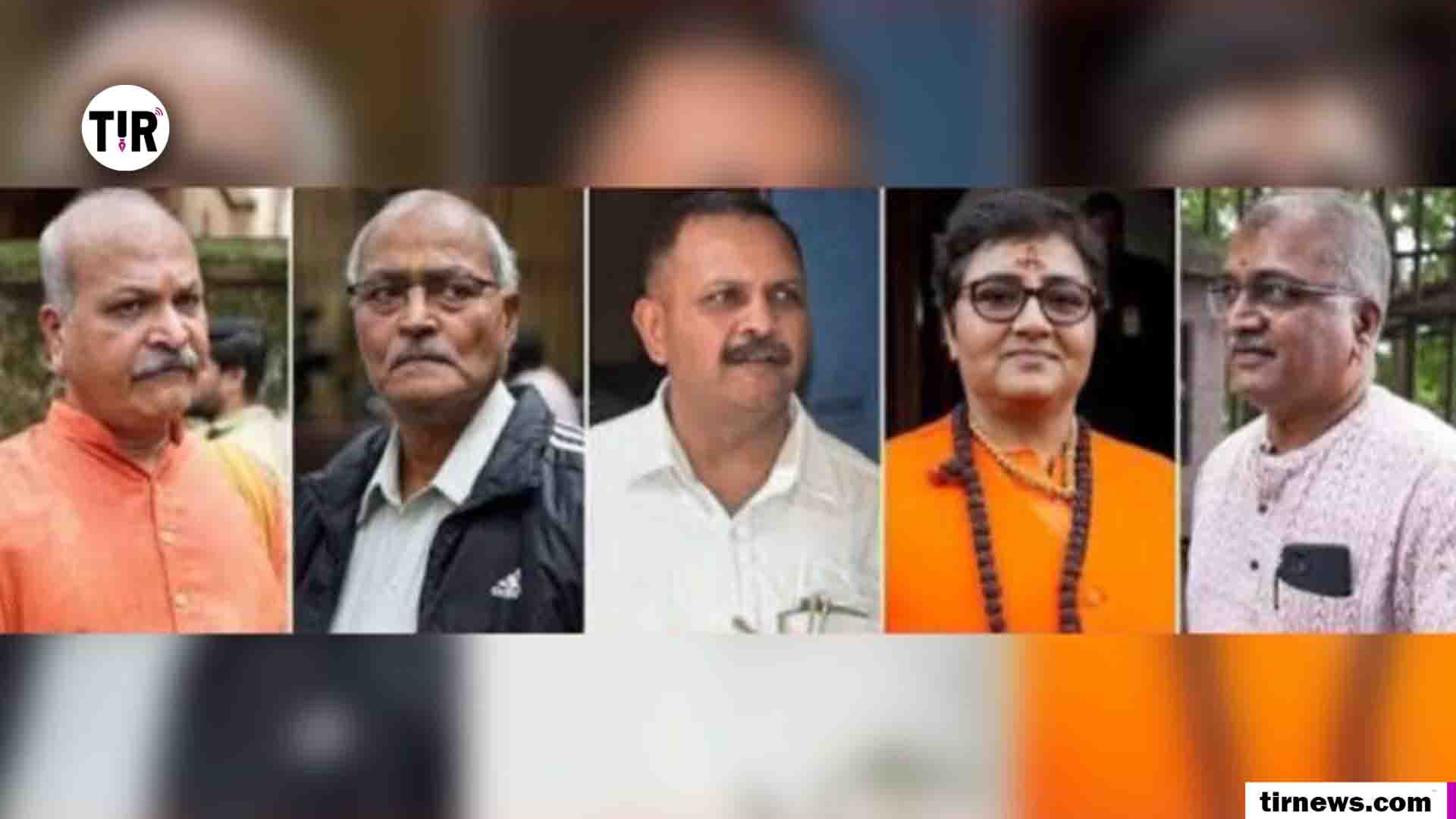By: Nikita Jain
Residents of Jai Hind Camp in Delhi’s Vasant Kunj are in turmoil after officials cut off their electricity on June 8.
As the national capital reels under scorching heat and stifling humidity brought on by heavy rains, the community finds itself in distress and uncertainty.
A Delhi court on May 30 ordered the demolition of homes in Jai Hind Camp, where more than 1,400 families live.
With most residents having migrated from West Bengal and Assam decades ago, many allege the move is a targeted attack by authorities.
The camp, established nearly 40 years ago by migrant workers from across India, has been branded “illegal” by the state. Police claim undocumented Bangladeshis are living among the residents—a charge the community dismisses as exaggerated and malicious.
“There may be a few undocumented people, but most of us are Indians,” said Ayuddin Hussain, standing next to mounds of garbage being sorted for recycling. “Yet they cut our electricity without a single notice, leaving us to suffer in this heat.”
Hussain, a driver for an elite bungalow nearby, recounted the shock of returning home on July 8. “I was on duty when I got a call that officials had cut the wires. The electricity board came with Delhi Police and CRPF. When we asked why, they simply said it was a court order. No one told us in advance. They just came and took our power away.”
Maktoob spoke to several residents who echoed the same despair.

Asked if he had heard about the planned demolitions, Hussain shook his head. “We don’t know anything about demolitions. But even if they destroy our homes, what say do we have? Right now, the main issue is electricity. There are toddlers, pregnant women, elderly people—it’s unbearable. All we ask is for them to tell us why they cut the power and restore it.”
Hussain has lived here for 30 years. “I grew up in these lanes,” he said quietly.
In the searing heat, residents sat outside their homes, waving handmade fans to ward off sweat and dizziness.
Lalit Kumar, who migrated from Lucknow, has been here for 22 years. “They cut our electricity at 10 am yesterday. A whole video team came with officials, filming us. We have no idea what’s happening. I’ve been paying my bills on time. Why are they doing this?”
“It’s been over 24 hours now. No fans, no coolers, nothing. It’s impossible to stay in this heat even for an hour. We’re 2,000 people here—where should we go?”
For many Muslim residents, the humiliation runs deeper.
“They accuse us of being Bangladeshis just because we’re from Bengal,” said Hussain bitterly. “The Delhi Police even went to our villages in Bengal to verify our documents. Panchayats and MPs there confirmed our papers. We are Indians—but they still force us to prove it.”
The electricity cut has hit the most vulnerable the hardest—pregnant women, children, the sick, and the elderly.
Fatima, a widow caring for her ailing parents, blind sister, and young children, works as a domestic worker in nearby housing societies. Her anger was palpable.
“Who do they think they are? Are we not human? We’ve lived here for decades, and now they say we are illegal. But when elections came, these same politicians were the first to beg us for votes,” she said.
Fatima said many residents, regardless of faith, voted for the Bharatiya Janata Party. “We all came here to earn a dignified living. But they won’t even let us do that. They make everything communal. Hindus, Muslims, Sikhs—we all live together here.”
Rashida, a cook, broke down as she spoke of her children’s suffering. “We came from Bengal for a better life. It’s been three decades, and this is home. Where can we go now? To leave would be to uproot everything. This is where we will stay.”
The residents said they could not sleep at night due to the heat, forced instead to lie on the streets. To charge phones, they had to walk to nearby shops.
The electricity lines were connected through a mosque and a temple in the camp. Officials severed the wires from meters at both places, plunging the entire settlement into darkness.
“We will die here before we leave,” vowed Musharaf, another resident. Fatima echoed him: “We have nowhere else. We’ll give our lives but won’t go.”
Many, however, have been forced to temporarily move in with relatives as the heat became unbearable. Residents were seen loading coolers and refrigerators onto carts, trying to salvage what they could.
“Even rent outside is too high for us. Leaving isn’t an option,” Rashida said.
Civil society groups say the case is still pending in court and have filed for a stay on the demolitions.



